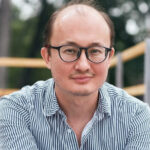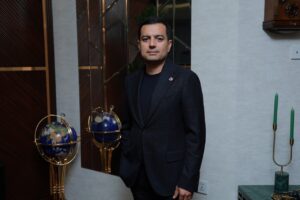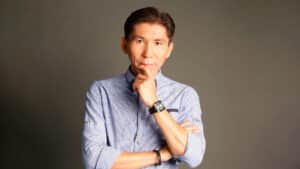Future Urbanists in Kazakhstan
For many in Kazakhstan, a general notion of urban science is not unknown; urban activists, researchers and municipal administrations have all known the science principles very well. At the beginning of 2022, urban science was mentioned by President Kassym-Jomart Tokayev in his official speech. Nevertheless, as a profession urban science is still in the gray zone for many in the country. Often, they cannot see any difference between urbanism and beautification.
The situation started to change a couple of years ago when universities such as AlmaU, KazGUU and then Satbayev University, one of the oldest universities in the country, introduced urban science into their curriculum. Administration of many cities and expert community can’t wait to hire these new professionals.
Contrary to other professions linked to the development of a city, an urban scientist should be able to see a city as a whole. It’s a combination of many sophisticated systems: engineer systems, social area, economics, transportation, energy and environment.
The current and future problems that have to be fixed need a complex approach. That’s why these universities have been teaching their students to see things as a whole, not just separate pieces. They also have to take into account how your actions in one field can affect another part of the system.
Urban science for city managers is the technology of making reasonable decisions. So, professionals of the future must understand the importance of research and data analyses.
While teaching this new type of urban scientist, we need to think outside the box, to rely on a variety of disciplines, which is still something new for the vast majority of universities in Kazakhstan. Learning institutions should put into their curricula new theories of urban economy; they have to actively use practical learning and rely on real cases. Last but not least, urban science implies constant dialog between all stakeholders of the urban system and no one can teach this in theory.
Progress in the system of higher education is possible only if it is ready to be skeptical of all knowledge the system has accumulated to date. You have to check it on your own. To produce new expertise, you need to rely on something, for instance, translate professional literature from foreign languages, publish thematic magazines for professionals, write your guide-books and cooperate with prominent teachers and experts from abroad.
A handful of universities simply cannot do this alone. They have to work in conjunction with each other on the scientific and practical levels to share experiences and create a new attitude toward the field. New academic programs will positively impact urban science in Kazakhstan. Accumulation and systematization of knowledge will stimulate discussion and sooner or later will be applied in practice. And of course, many big and small towns in Kazakhstan will get a chance to develop as young urban scientists would have become a part of the government, join developing companies or the academic community as independent experts.




